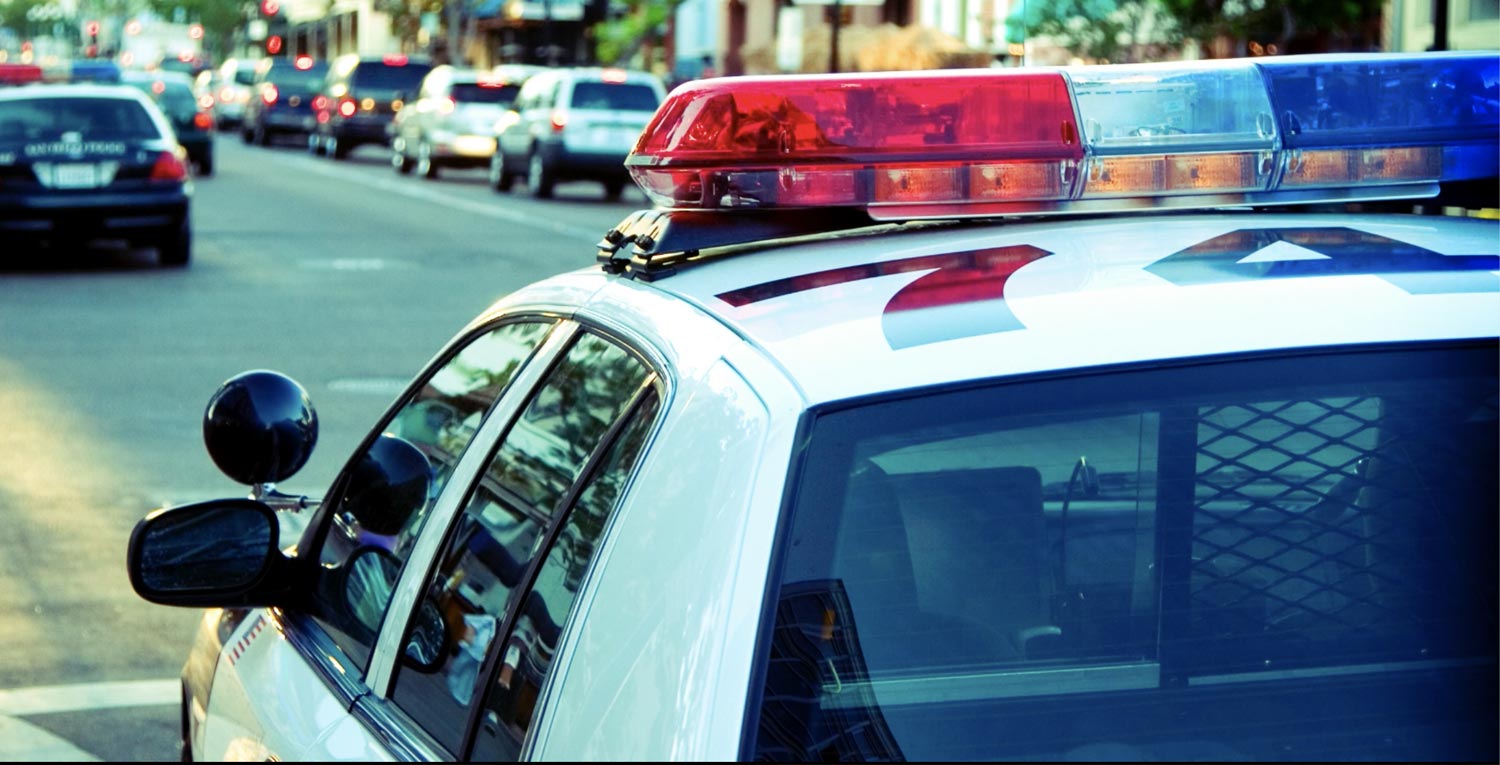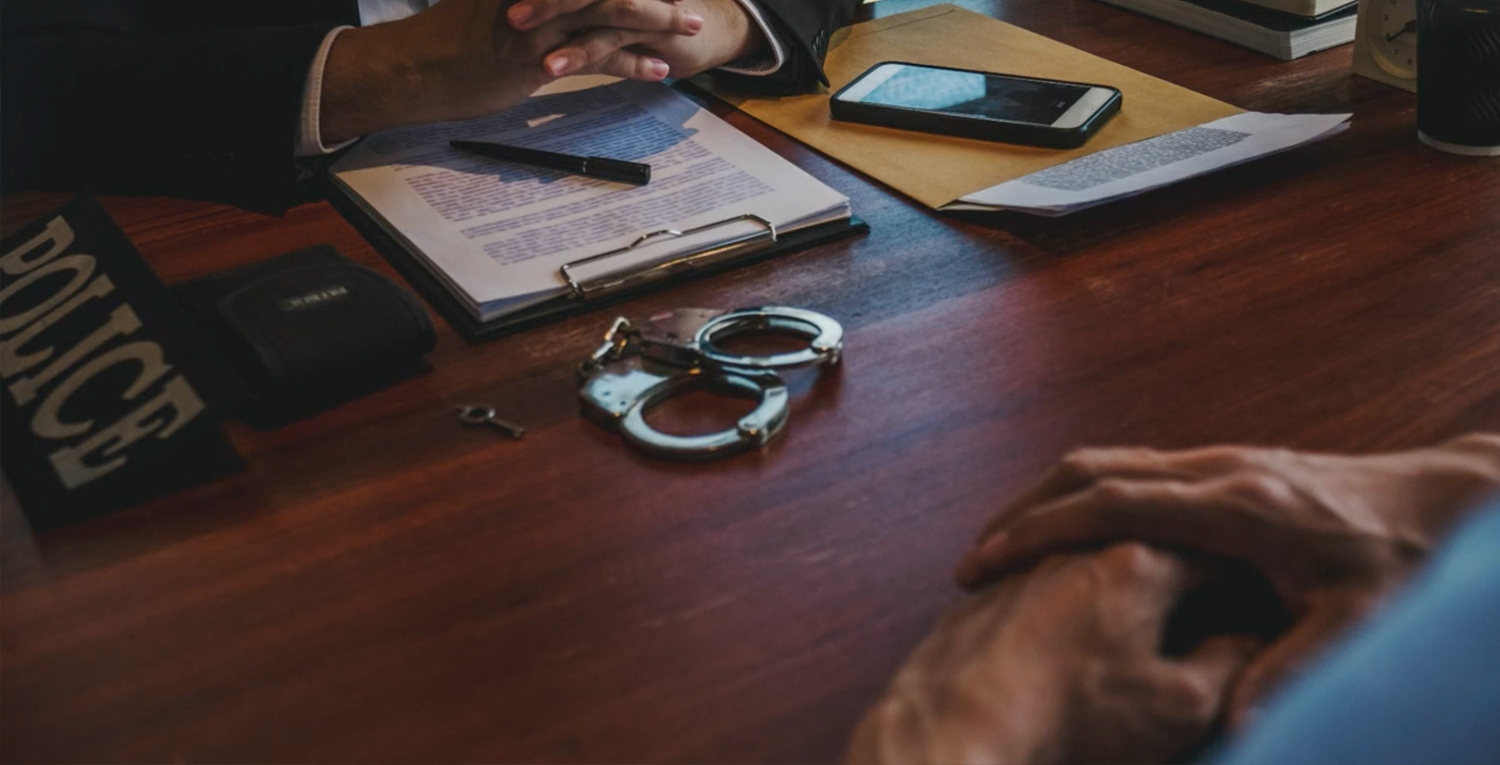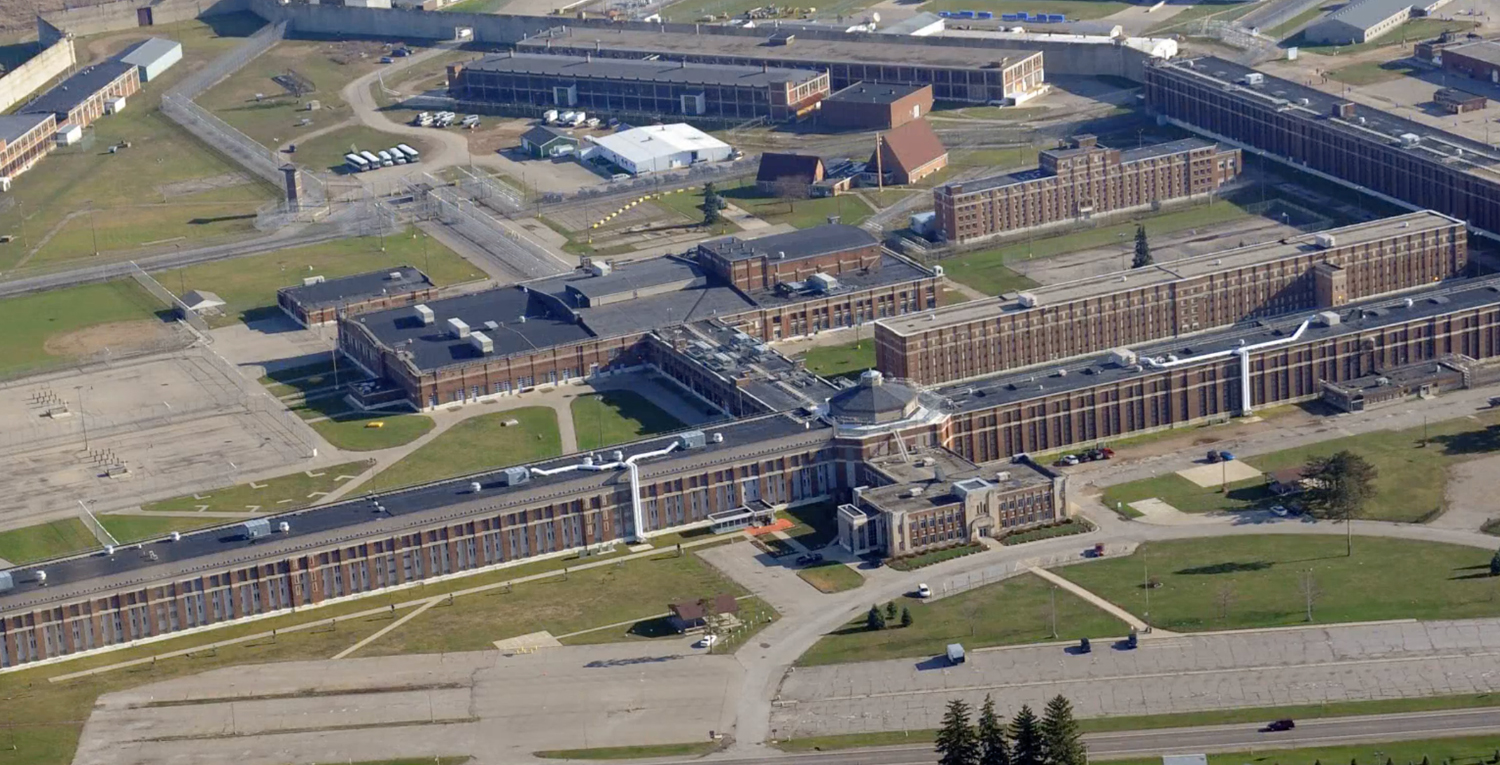Law, Public Safety, Corrections & Security
The Law, Public Safety, Corrections & Security cluster focuses on the planning, managing, and providing legal, public safety, protective services and homeland security, including professional and technical support services.
Each lesson below includes an instructional video, lesson plan, and a student test or activity.

Cluster Overview: Law, Public Safety, Corrections & Security
Upon completion of these materials, students will know the career pathways and some corresponding occupations within the Law, Public Safety, Corrections & Security CTE cluster.

Introduction to Law Enforcement
Upon completion of these materials, students will know the different agencies and jurisdictions of law enforcement, and the main responsibilities and characteristics of police officers.

Introduction to Corrections & Security
Upon completion of these materials, students will know the history and basics of corrections and security.

Prison Use, Design, & Security
Upon completion of these materials, students will know the purpose of prisons, types of designs, and the levels of security.
Key concepts of Law, Public Safety, Corrections & Security condensed into a series of short instructional videos around a similar topic.
Helping your students discover, understand, and evaluate various career paths and occupations within the Law, Public Safety, Corrections & Security cluster that align with their personal interests, skills, and values.
Occupation Research Tools 39
MyCareerTech offers full occupation reports on 39 Occupations across the 5 Law, Public Safety, Corrections & Security Career Pathways.
Correction Services Pathway 3
Workers in the Correction Services pathway are responsible for overseeing individuals who have been arrested and are awaiting trial or who have been convicted of a crime and sentenced to serve time in a jail, reformatory, or penitentiary. While the primary mission of corrections is protection of the public, many in this field are involved with the treatment, education and reintegration of offenders.
Emergency and Fire Management Services Pathway 7
Every year, fires and other emergencies take thousands of lives and destroy property worth billions of dollars. Firefighters and emergency services workers help protect the public against these dangers by rapidly responding to a variety of emergencies. They are frequently the first emergency personnel at the scene of a traffic accident or medical emergency and may be called upon to put out a fire, treat injuries or perform other vital functions.
Law Enforcement Services Pathway 12
People depend on police officers and detectives to protect their lives and property. Law enforcement officers have duties that range from controlling traffic to preventing and investigating crimes. They maintain order, enforce laws and ordinances, issue traffic summonses, investigate accidents, present evidence in court, serve legal documents for the court system, as well as apprehend, arrest and process prisoners.
Legal Services Pathway 9
The legal system affects nearly every aspect of our society, from buying a home to crossing the street. Workers in the Legal Services pathway form the backbone of this vital system, linking it to society in many ways. For this reason, they hold positions of great responsibility and are obligated to adhere to a strict code of ethics.
Security & Protective Services Pathway 8
Security personnel often work in public buildings such as museums or art galleries to protect paintings and exhibits by inspecting people and packages entering and leaving the building. In factories, laboratories, government buildings, data processing centers, and military bases, security officers protect information, products, computer codes, and defense secrets and check the credentials of people and vehicles entering and leaving the premises.
MyCareerCorner 4
MyCareerCorner is a series of short, 3–5-minute video Q&A from individuals across different careers and occupations giving insight and advice about their job, industry, and real-life professional experiences. Each MyCareerCorner episode includes an online activity that will challenge students to think deeper about the cluster and apply what they’ve learned.
Finding Purpose in Public Service with Dimitri Caldwell
Upon completion of this Microlesson, students will have learned the significance of serving your community and considered whether a career in public service is a good fit for them.
Supporting the Community as a Police Lieutenant with Dimitri Caldwell
Upon completion of this Microlesson, students will have discovered a variety of ways that police officers support their communities and reflected on the impact law enforcement has had in their area.
Hands-On Ways to Explore Police Work with Dimitri Caldwell
Upon completion of this Microlesson, students will have explored the value of hands-on experience for those interested in police work and considered how to find opportunities in their own community.
Training and Education in Law Enforcement with Dimitri Caldwell
Upon completion of this Microlesson, students will have explored the education and training required for police work and considered whether growing in a law enforcement career makes sense for their future.
This page includes information from O*NET OnLine by the U.S. Department of Labor, Employment and Training Administration (USDOL/ETA). Used under the CC BY 4.0 license. O*NET® is a trademark of USDOL/ETA.
Advance CTE sponsors the 16 National Career Clusters Framework and career cluster definitions.
Bureau of Labor Statistics, U.S. Department of Labor, Occupational Outlook Handbook, Industries at a Glance, at bls.gov/iag/tgs/iag_index_alpha.htm (visited March 20, 2024).
